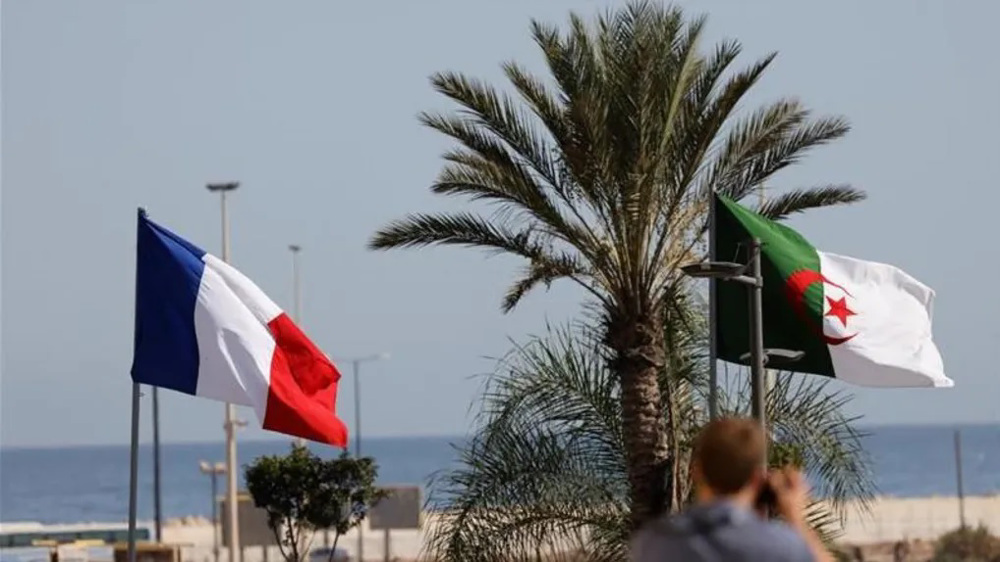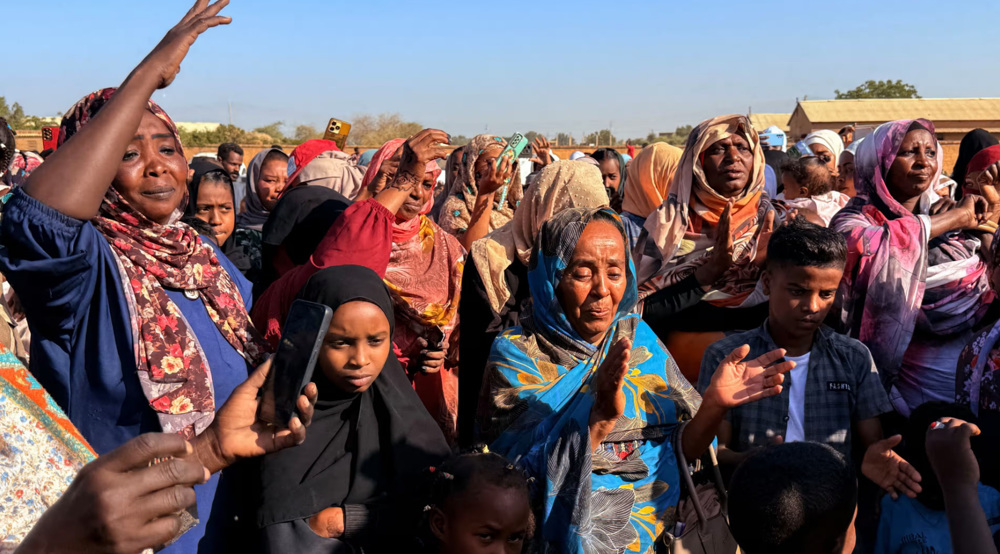Two bomb attacks in Tunisian capital kill one person, wound several
At least one person has been killed and several others wounded in two separate bomb attacks in the Tunisian capital Tunis, the government says.
According to a statement by the Interior Ministry on Thursday, the first attack occurred when a terrorist detonated his explosive vest near a police patrol in Charles de Gaulle Street in central Tunis, killing an officer.
At least another police officer and three civilians were also wounded in the attack, it added.
The second attack occurred shortly afterwards when a second bomber blew himself up near a police station in al-Qarjani district, wounding four people.
No individual or group has yet claimed responsibility for the deadly attack, but the Daesh terrorist group is usually considered as the prime suspect in similar incidents.
Interior Ministry spokesman Sofian Zaak was quoted by Reuters as saying that the attackers have not yet been identified, calling on the public to show strength and not panic.
Following the attacks, some 300 people gathered on the same street and held up pamphlets saying, "We do not fear terror, Tunisia is no place for terrorism." The demonstrators also chanted the national anthem and slogans praising the security forces.
Tunisia has been hit by a number of deadly attacks by Takfiri terrorists in the past years.
Last October, a female bomber blew up her explosives outside a hotel in the center of Tunis, leaving at least 15 people injured, including 10 police officers. The bomb attack broke a period of relative calm after dozens died in November 2015, when three separate attacks were carried out in Tunis and a beach in Sousse.
Daesh claimed responsibility for the three attacks.
Tunisia has been plagued by violence since the 2011 uprising that ousted the country’s dictator, Zine El Abidine Ben Ali, who was in power for over two decades.
The relative calm in Tunisia has been punctured by growing instability in neighboring Libya, which has been in chaos since former dictator Muammar Gaddafi was toppled and later killed in 2011.
Law enforcement agencies fear further terror attacks in the country as an estimated 3,000 Tunisian terrorists believed to be within the ranks of Daesh in Iraq, Syria and elsewhere could pose troubles when they return home.
Thursday’s deadly attacks took place months before an election and at the peak of a tourist season in which the North African country is hoping for a record number of visitors. Such terror actions can easily scare off holidaymakers and investors, deteriorating an economic crisis.

Diplomatic tension flares as Algeria threatens to expel 12 French officials

Over 200 civilians killed as Sudan’s RSF attacks Darfur displacement camps

Exposed: Shani Cooper, Israeli spy who masqueraded as a diplomat in Africa
Columbia graduate detained without evidence of wrongdoing
Israel targets photojournalist’s home in ‘relentless’ Gaza bombing
US intensifies bombing Yemen amid ground invasion plans
Scores of Syria Alawites killed as HTS sectarian violence continues
US approves potential sale of Stinger missiles to Morocco
Iran summons Argentine envoy over accusations against top officials
VIDEO | Rally against another Columbia student arrest held in New York
VIDEO | Press TV's news headlines







 This makes it easy to access the Press TV website
This makes it easy to access the Press TV website